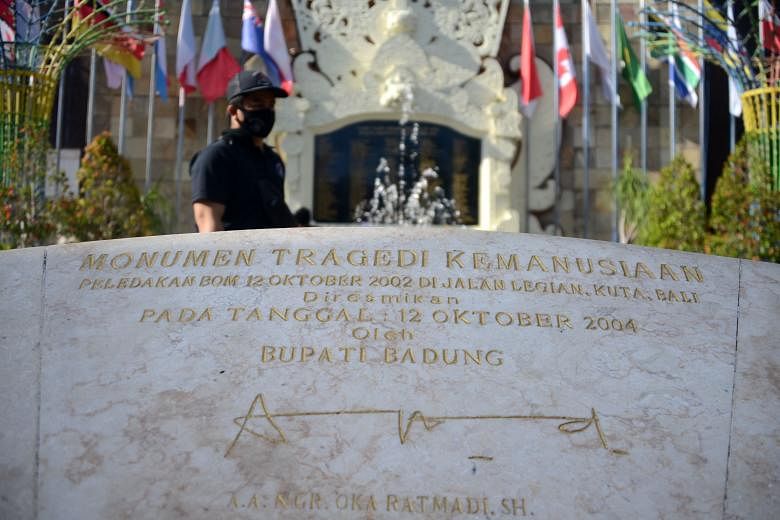SINGAPORE - Weeks before a series of bomb blasts in Bali on Oct 12, 2002, killed more than 200 people, mostly tourists, security expert Rohan Gunaratna wrote a note to Singapore's founding prime minister Lee Kuan Yew, warning that terrorism was no longer a phenomenon unique to the Middle East, and raising the alarm on the threat posed by networks infiltrating South-east Asia.
Today, some two decades after the deadly attacks orchestrated by Jemaah Islamiah (JI) ushered in a wave of violent Islamist extremism in the region, the professor of security studies is experiencing some measure of deja vu.
Already a subscriber? Log in
Read the full story and more at $9.90/month
Get exclusive reports and insights with more than 500 subscriber-only articles every month
ST One Digital
$9.90/month
No contract
ST app access on 1 mobile device
Unlock these benefits
All subscriber-only content on ST app and straitstimes.com
Easy access any time via ST app on 1 mobile device
E-paper with 2-week archive so you won't miss out on content that matters to you


